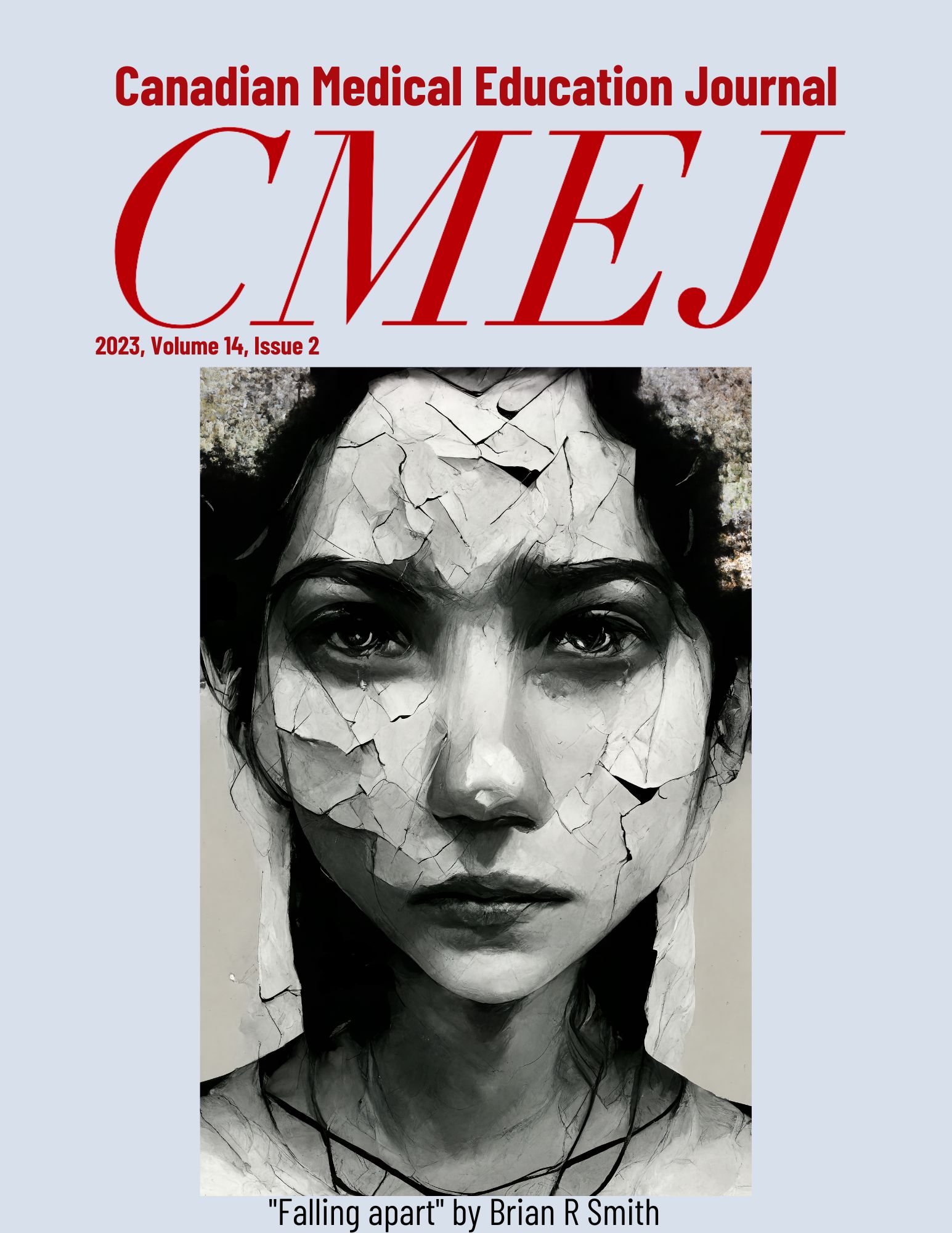The promises and perils of remote proctoring using artificial intelligence
DOI:
https://doi.org/10.36834/cmej.74299Downloads
References
Gordon M, Patricio M, Horne L et al. Developments in medical education in response to the COVID-19 pandemic: A rapid BEME systematic review: BEME Guide No. 63. Med Teach. 2020;42(11):1202-15. https://doi.org/10.1080/0142159X.2020.1807484
Gudiño Paredes S, Jasso Peña FJ, de La Fuente Alcazar JM. Remote proctored exams: integrity assurance in online education? Distance Educ. 2021;42(2): 200-18. https://doi.org/10.1080/01587919.2021.1910495
Edufide. Smart exam monitor [Internet]. Edmonton, Alberta: 2019. Available from: https://edufide.com/#/smart-exam-monitor [Accessed on May 31, 2022].
Sefcik L, Striepe M, Yorke J. Mapping the landscape of academic integrity education programs: what approaches are effective? Assessment & Evaluation in Higher Education. 2020;45(1):30-43. https://doi.org/10.1080/02602938.2019.1604942
Fawns T, Schaepkens S. A matter of trust: Online proctored exams and the integration of technologies of assessment in medical education. Teach Learn Med. 2022. https://doi.org/10.1080/10401334.2022.2048832
Downloads
Published
How to Cite
Issue
Section
License
Copyright (c) 2022 Ann S Lee, Oksana Babenko, Michael George, Vijay Daniels

This work is licensed under a Creative Commons Attribution-NonCommercial-NoDerivatives 4.0 International License.
Submission of an original manuscript to the Canadian Medical Education Journal will be taken to mean that it represents original work not previously published, that it is not being considered elsewhere for publication. If accepted for publication, it will be published online and it will not be published elsewhere in the same form, for commercial purposes, in any language, without the consent of the publisher.
Authors who publish in the Canadian Medical Education Journal agree to release their articles under the Creative Commons Attribution-Noncommercial-No Derivative Works 4.0 Canada Licence. This licence allows anyone to copy and distribute the article for non-commercial purposes provided that appropriate attribution is given. For details of the rights an author grants users of their work, please see the licence summary and the full licence.











